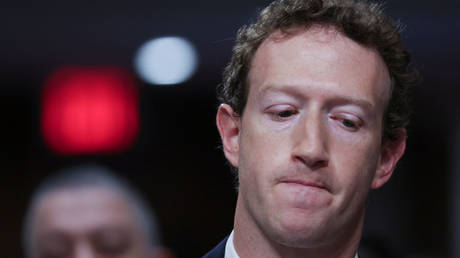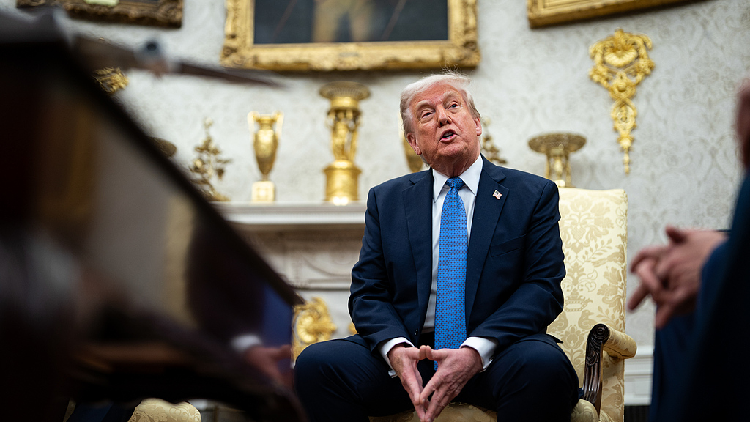CIA Has the Ability to Access WhatsApp Chats, Zuckerberg Reveals
Mark Zuckerberg explains that while WhatsApp's encryption blocks Meta from reading messages, authorities can still access them by infiltrating devices.. source:TROIB RTS

Meta CEO Mark Zuckerberg recently clarified that US authorities, including the CIA, have the capability to access WhatsApp messages by remotely logging into users’ devices, thus circumventing the platform’s end-to-end encryption.
During an appearance on the Joe Rogan Experience podcast, Zuckerberg elaborated on this issue, explaining that while WhatsApp's encryption is designed to prevent Meta from viewing message content, it does not offer protection against someone physically accessing a user's phone.
Zuckerberg's comments were prompted by a discussion about Tucker Carlson's attempts to secure an interview with Russian President Vladimir Putin. Carlson had previously accused US intelligence agencies, particularly the NSA and the CIA, of obstructing his efforts by monitoring his communications and leaking his plans to the media, which created apprehension in Moscow. Rogan asked Zuckerberg to clarify how such surveillance could occur despite the encryption protocols in place.
“The thing that encryption does that’s really good is it makes it so that the company that’s running the service doesn’t see it. So if you’re using WhatsApp, there’s no point at which the Meta servers see the contents of that message,” Zuckerberg explained, pointing out that even if Meta's databases were breached, users’ private conversations would remain secure. He noted that the Signal messaging app, which Carlson utilized, employs similar encryption, suggesting that the same principles apply. However, he emphasized that encryption does not prevent law enforcement from accessing messages stored on devices.
“What they do is have access to your phone. So it doesn’t matter if anything’s encrypted, they could just see it in plain sight,” he stated. Zuckerberg also referenced tools like Pegasus, a spyware created by the Israeli company NSO Group, which can be secretly installed on smartphones to retrieve data.
Zuckerberg cited the vulnerability of user messages when devices are directly compromised as the motivation behind Meta introducing features like disappearing messages, which allow users to erase their message threads after a specific period.
“If someone has compromised your phone and they can see everything that’s going on there, then obviously they can see stuff as it comes in… So having it be encrypted and disappearing, I think is a pretty good kind of standard of security and privacy,” he remarked.
These remarks arrive amid ongoing discussions surrounding digital privacy and government monitoring. While end-to-end encryption is praised for its role in protecting user data, agencies such as the CIA and FBI contend that it can hinder their efforts to tackle crime and terrorism. A 2021 FBI training document revealed that US law enforcement can gain limited access to encrypted messages on services like iMessage, Line, and WhatsApp, but not on platforms like Signal, Telegram, Threema, Viber, WeChat, or Wickr. Additionally, while encrypted messages are generally safe during transmission, reports suggest that law enforcement may access backups stored in cloud services if an encryption key is associated with them.
Lucas Dupont for TROIB News












